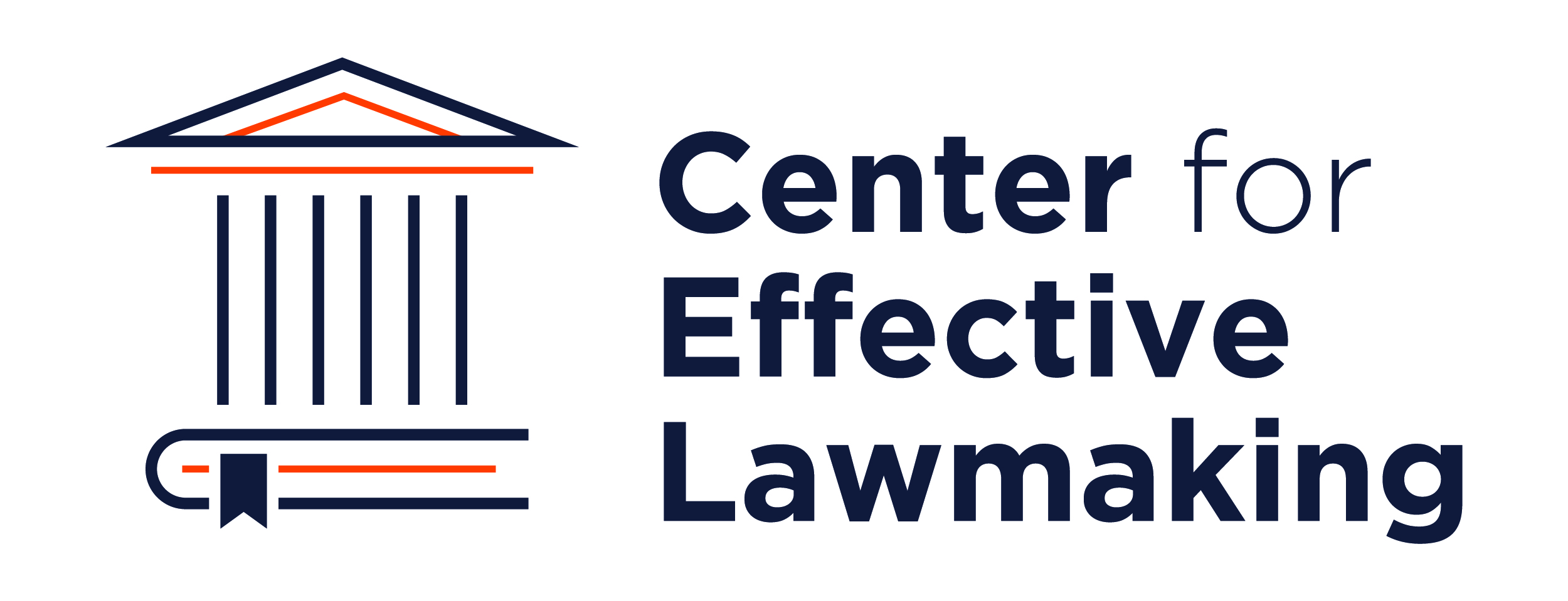Logrolling in Congress
Logrolling is a form of cooperation among politicians that plays a role in the legislative process, being a manifestation of the web of alliances that legislators make to pass bills for their constituencies. This paper from Professor Marco Battaglini (Cornell University), Assistant Professor Valerio Leone Sciabolazza (Sapienza University of Rome), and Professor Eleonora Patacchini (also Cornell) studies logrolling among members of the U.S. Congress by tracking roll-call votes within bills across five legislatures and politicians’ personal connections made via their alumni networks. The authors document a propensity of connected legislators to vote together depending on how salient the bill is to the politicians’ legislative agenda. Although this activity does not seem to enhance members’ legislative effectiveness, logrolling is a strong predictor of future promotions to position of leadership. As part of this process, the authors created a logrolling graph, a network representation of the market for votes that allows them to assess the effect of both direct and indirect voting alliances. The CEL’s Legislative Effectiveness Scores were also used for part of the research conducted for this paper.
To learn more, read the full report here.



